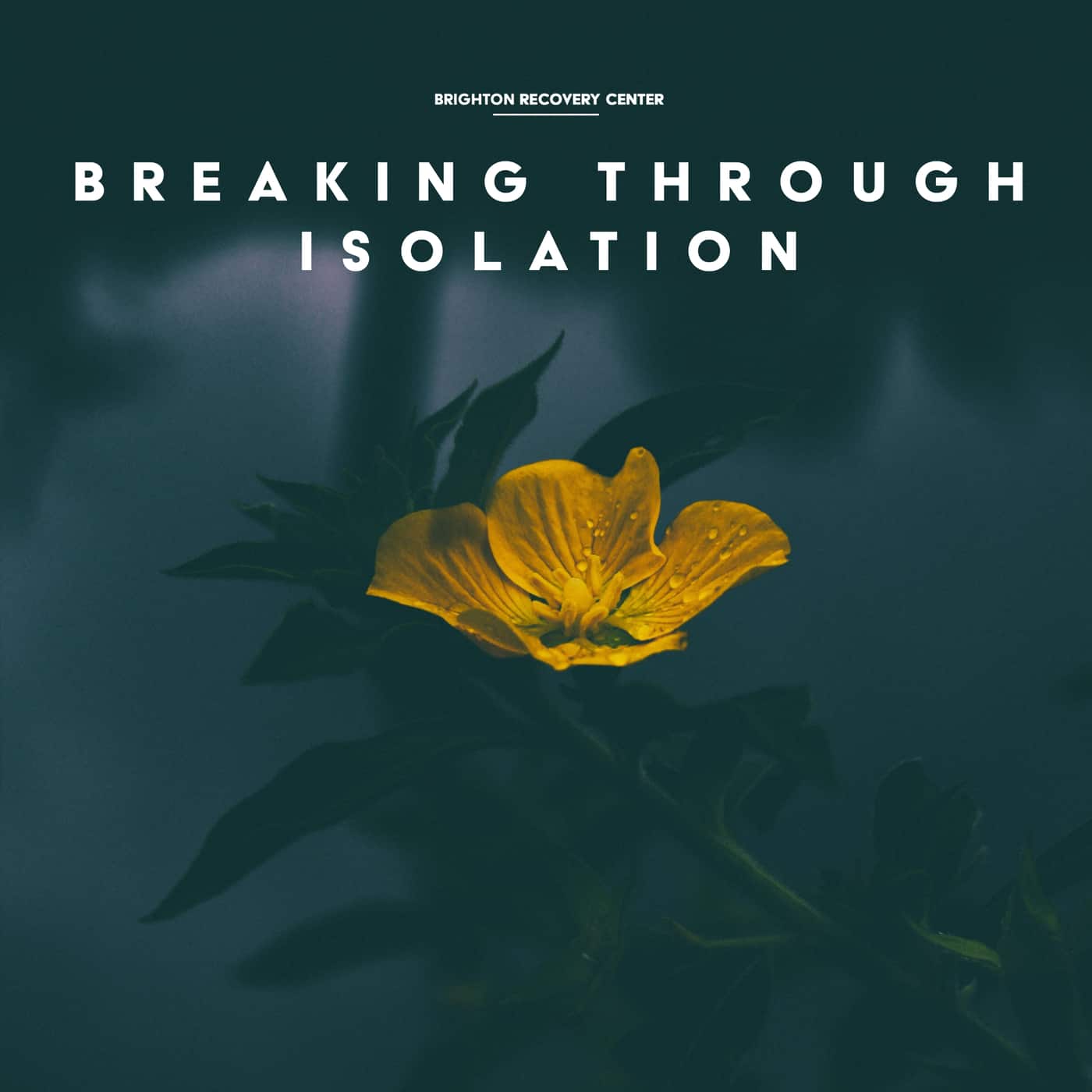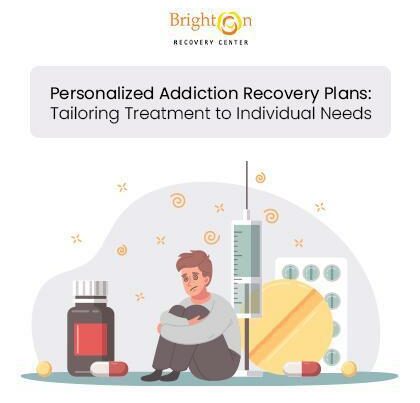Breaking Through Isolation

Realizing that an addiction needs to be addressed often happens pretty late into the lifespan of addictive behaviors. One of the most prevailing feelings is that of isolation. Addicted individuals feel isolated in their own homes and even among their own families and friends. They keep their own emotions and troubles inside, thinking that nobody around them would understand. Isolation is one of the most debilitating parts of an addict’s day. In fact, it often provides a seemingly insurmountable barrier to seeking help in the first place. After all, if nobody understands, how can they help? Breaking through this isolation is the first and most daunting obstacle in the path to recovery.
Group Therapy is an Intentional Contradiction
There is a reason that group therapy is a common practice when dealing with addiction. While it’s hard to come forth to strangers and admit that there is a problem, this step provides a way to break free from isolation. There are people who will understand and listen, and it begins in that very group. It’s difficult to admit that there is a problem, let alone make the admission in a group setting. Still, this is how you transform a group into a support system. Over time, you will come to rely upon these people for help with your struggles on the road to recovery.
Illusion of Isolation
Realize that the isolation in and of itself is a construct of an addiction. Addiction creeps into one’s mind. It creates a filter that makes it seem as if a person cannot think of anything except the next time they can abuse their drug of choice. It is a screen that is intentionally keeping all other things out to get the next drink, the next hit, or the last lottery ticket, whatever it may be. The brain is directing the eyes to keep everything else out of focus. Everything becomes an obstacle to addiction, and nothing more. This isolation is an integral part of substance abuse. Simply knowing this, addicts often begin to question the reality around them.
Time and Place
Breaking through isolation is not going to be easy. In fact, no part of recovery will be. So, keep faith in what you can control. Breaking through isolation doesn’t have to be done immediately. Be patient, and remember that this is an individual process. You choose the time and place to make each change in your life. Group therapy is intended to create a safe environment to open yourself up to other people. Still, it doesn’t have to be the starting point. The process may even begin in your bedroom while you’re alone, and there is nothing wrong with that. You choose who to open up to. It is entirely your decision when, and even how you want to break the barriers of isolation. Remembering this can provide some much-needed agency in the first step to combating addiction.
Start Small and Branch Out
It is more than just the time and place that are up to the individual when breaking through this first obstacle of addiction recovery. Search for a comfortable environment, but also remember that there is no need to feel like everything needs to be broken down immediately. These things take time. For most people, this process will take just as long, if not longer, than it took for the addiction to develop in the first place. Start within your comfort one. Even the act of sharing something small will branch out continuously through the course of recovery. There is no need to address everything at once. Instead, break everything down into steps. The time that it takes is less important than the genuine effort behind it. Recovery is a tremendously uncomfortable process, so seek comfort where you can find it. You may feel as though your insides are being churned like butter, so always remember that there’s no need to rush your recovery.
Isolation is the first major obstacle, and one of the most difficult to overcome. Identifying a comfortable environment filled with supportive people is a great first step. That sense of community is what prides the Brighton Recovery Center and their individualized paths to recovery. Each program is customized for the needs of each individual. At the same time, this program provides a focus on the community. Brighton Recovery Center takes on a holistic approach to addiction by addressing not just the addiction, but all co-occurring disorders and trials that come with it. Addiction is not only one single symptom to be overcome, it is an all-encompassing affliction that takes time and effort to overcome. Brighton is there from the first step through to doors, to ongoing care for years to come as needed. For more information on their practice, or to schedule an appointment, contact Brighton Recovery Center at 1-844-479-7035 today.



